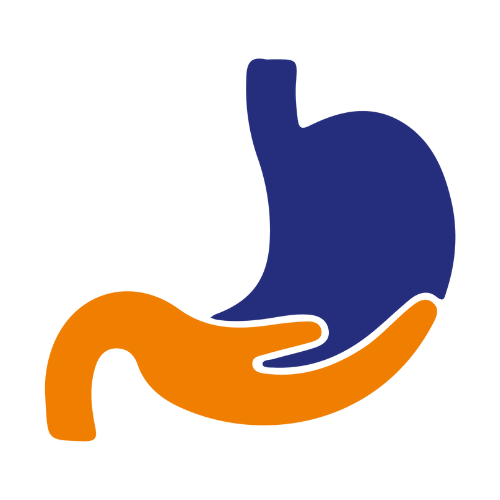Colon Cancer
Colon cancer is abnormal growth of cells in the large intestine (colon) or the rectum. The colon is the final part of the digestive tract. Colon cancer is sometimes called colorectal cancer, which is a term that combines colon cancer and rectal cancer, which begins in the rectum.
What are the Symptoms?
- A persistent change in your bowel habits, including diarrhea or constipation or a change in the consistency of your stool
- Rectal bleeding or blood in your stool Persistent abdominal discomfort, such as cramps, gas or pain
- A feeling that your bowel doesn’t empty completely
- Weakness or fatigue
- Unexplained weight loss
What are the Causes?
In general, colon cancer begins when healthy cells in the colon develop changes (mutations) in their DNA. A cell’s DNA contains a set of instructions that tell a cell what to do.
Healthy cells grow and divide in an orderly way to keep your body functioning normally. But when a cell’s DNA is damaged and becomes cancerous, cells continue to divide — even when new cells aren’t needed. As the cells accumulate, they form a tumor.
With time, the cancer cells can grow to invade and destroy normal tissue nearby. And cancerous cells can travel to other parts of the body to form deposits there (metastasis)
How is it Diagnosed?
The following tests may be recommended to diagnose Colon cancer:
- Blood tests
- Colonoscopy
- X Rays
- CT Scans
What are the Risk Factor?
- Age above 50
- Being obese
- Smoking
- Excessive alcohol consumption
- Type 2 Diabetes
- Sedentary Lifestyle
- Consuming a diet rich in fats, processed foods or red meats
- Certain Medication Conditions Colon:
- Polyps
- Bowel disorders
Family history of colorectal cancer
- Familial Adenomatous Polyposis
How is it Treated?
Treatment for colorectal cancer depends on the patient’s over health and the stage of cancer.
- Surgical Intervention: In the early stages of cancer, it may be possible to have the cancerous growths removed through surgery. If the cancer spreads to the walls of the bowel, your surgeon may need to remove a part of the colon or rectum and the nearby lymph nodes.
- Chemotherapy: Chemotherapy is common treatment approach in case of colorectal cancers to control the growth of the tumour. Even in advanced stages, chemotherapy can help relieve symptoms. However, it does have side effects which may need to be treated with other medications.
- Radiation Therapy: This therapy is generally administered along with chemotherapy to target & destroy cancer cells. Radiation therapy may be given before or after the surgery.

